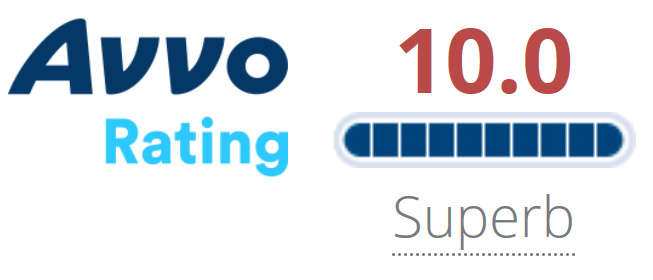
One of the most challenging tasks you face during the divorce process is dividing the assets and debts accumulated or incurred during the marriage. In many states, which follow the principle of “equitable distribution,” the court has to try to make a determination of what’s “fair,” often taking into a consideration a wide range of factors, including how long the parties were married, the age and health of the parties, their respective prospects for being self-sufficient, and even whether they engaged in marital infidelity or misconduct. A minority of states, including Texas, had tried to take a simpler approach, known as the “community property” rule.
Under the community property concept, when parties pursue a divorce, the court looks at all the debts and assets of the marriage at the time of the filing of the divorce, and basically divides them into two categories: separate property and community property. As a practical matter, the court determines what property is separate, and all remaining property is considered community property.
As a general rule, all property acquired before marriage is deemed to be separate property, whereas any property obtained during the marriage will be considered community property, with the following exceptions:
- Property obtained by gift or inheritance
- Property that both parties agree is separate property
Property retains it character as separate or community property, even if it takes a different form (unless it becomes commingled with community property). For example, if you own a boat before you get married, but sell it, the cash remains separate property unless you commingle it with community property. Accordingly, if you put the proceeds in a joint checking or savings account, it may be construed as community property.
Of course, you can always agree to distribute property other than as set forth in the community property laws, but the court will always have the discretion to review the proposed agreement to ensure there’s no duress, undue influence or misrepresentation.
Contact the Law Office of Len Conner & Associates
For experienced counsel in family law matters, contact our office online or call us at 972-445-1500 (toll free at 877-613-5800). Your first consultation is free of charge.




